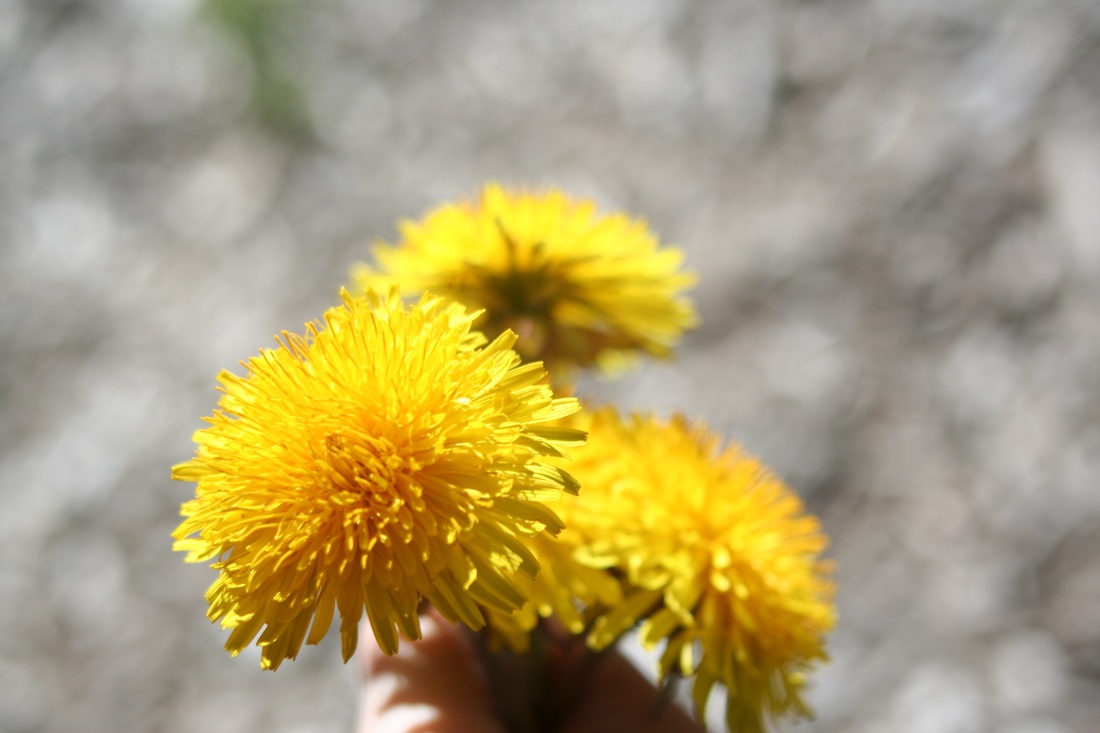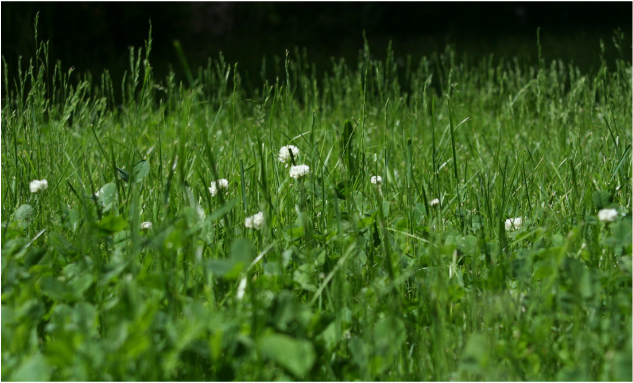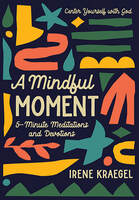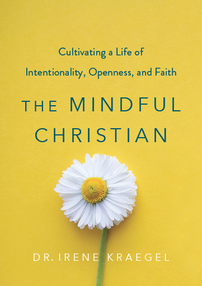|
Spend any time in a mindfulness workshop, and you are likely to hear some version of the following statement: "I tried to use mindfulness for that but it didn't work." And then some version of the following response from the instructor: "What were you hoping for?" And that's where things start to get interesting. Because mindfulness is not about relaxing or feeling happy or falling asleep or achieving some state of nirvana, contrary to popular opinion. Instead, it is about awareness. Pure awareness. We practice mindfulness to increase our direct, non-judgmental awareness of present-moment experience. This includes awareness of the expectations we bring to our experience (ex. "this mindfulness practice will feel relaxing for me"). And along with this awareness, we practice letting go of the need for things to be any different than we find them to be, whether we find our experience to be pleasant or unpleasant. So why bother practicing mindfulness if the goal is not be make anything better, if the goal is not to be more relaxed, or happy, or peaceful, or centered...? Ironically, because letting go of the need to make things different is what leads us to be more relaxed, happy, peaceful, and centered. But there's no shortcut to these experiences without maintaining the focus on pure awareness and full acceptance of how things are. Observing our emotions and physical sensations and thoughts with playful detachment, allowing them to be exactly as they are in the moment, letting go of attachment to or judgment of our experiences. That's the standard response of the secular mindfulness community, and it's a truthful response. But the reason I bother to practice mindfulness, and the reason I believe mindfulness is helpful, is actually tied to my Christian beliefs. When we practice the non-judgmental, present-moment awareness that comes with mindfulness practice, we are turning from our natural state of distraction in order to notice and experience God in the world that He has made. Mindfulness practice is a Mary practice--how often when I sit to meditate do I hear the words of Jesus saying “Martha, Martha, you are worried and distracted by many things; there is need of only one thing. Mary has chosen the better part, which will not be taken away from her (Luke 10:41-42).” Through mindfulness practice, I sit silently in God's presence and pay attention. When I pay attention, I inevitably start to notice God's goodness because He is everywhere and He is always good. My mind has a tendency to fall into dark holes. I can find myself feeling hopeless despair over anything from the chronic violence in our world, to the racial segregation in my city, to the lack of shelving in my den. This morning, I took time to sit outside and practice mindfulness. I became aware of the unpleasant thoughts I was experiencing related to the state of the world, my city, and my shelving—I became aware of the emotions and physical sensations accompanying these thoughts. I practiced responding to these passing experiences with curiosity, compassion, playfulness, and detachment. I became aware of bugs crawling on the grass, clouds passing in the sky, the sensation of the breeze on my skin, the breath in my chest. I was reminded that “the earth is the Lord’s and everything in it, the world, and those who live in it (Psalm 24:1)”—reminded not in a cognitive sense, but in a felt sense. I practiced an open and receptive heart, I laid aside striving. A recognition grew within me that I could "see the goodness of the Lord in the land of the living (Psalm 27:13).” I found hope restored, not because any of the problems went away but because my awareness was expanded to include all that God was providing in the present moment. This awareness—pure awareness—is why I practice mindfulness.
0 Comments
Leave a Reply. |
Author
I am Irene Kraegel. I am licensed as a clinical psychologist and teach mindfulness on a faith-based university campus. I practice mindfulness because it opens me up to God (a.k.a. brings joy). I am writing here in hopes of sharing some of my experiences and thoughts related to the practice of mindfulness in the life of a Christian. Thanks for reading! Books
Blog archives
December 2023
|




